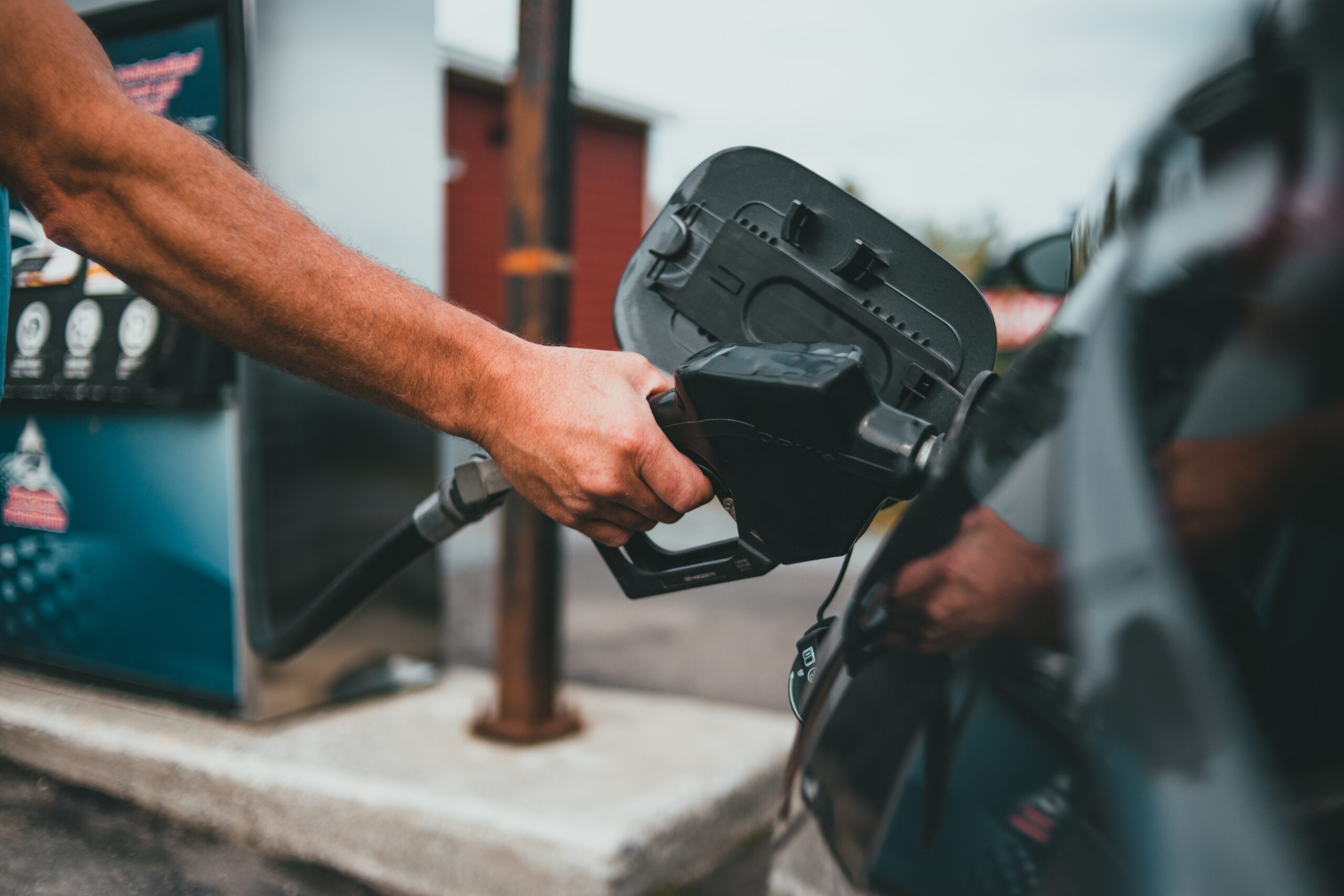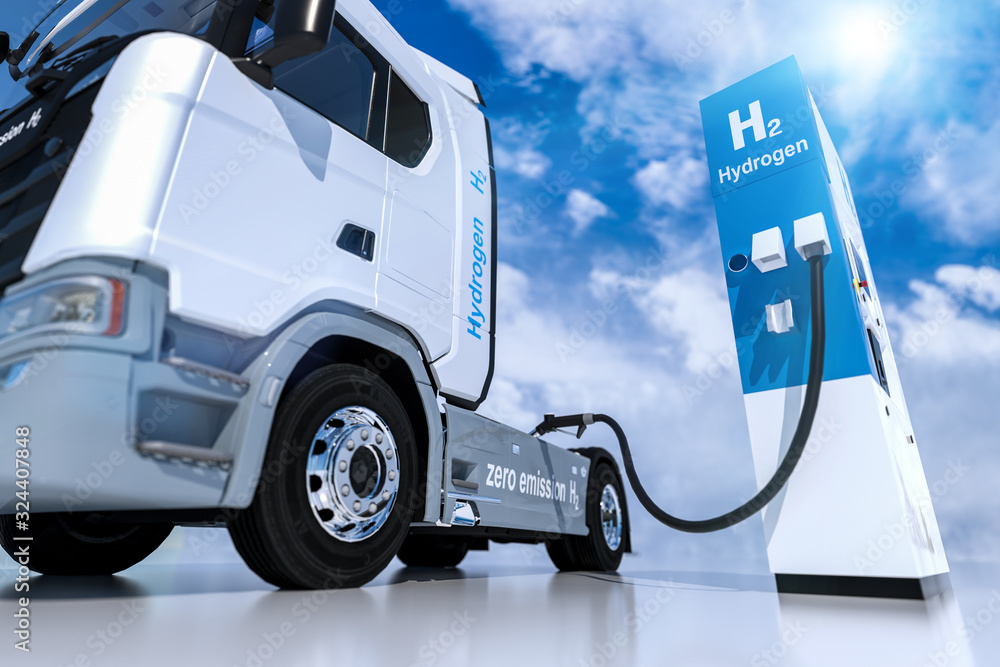
Table of Contents
Introduction
Eco-friendly transportation is need of an hour as the world tries to combat climate change and reduce its carbon footprint. In recent years, hydrogen fuel cars in India, as one of the type of EV have emerged as a promising solution, offering the potential to transform the way we drive and power our vehicles. In this blog, we will discuss the pros and cons of hydrogen fuel cars in India,
Let’s begin our discussion with basics of Hydrogen Fuel Cars;
Hydrogen Fuel Cars: The Basics
The hydrogen fuel cars also known as FCEV (Fuel Cell Electric Vehicle), differ significantly from conventional electric vehicles in the manner that they generate their own electricity. It consists of fuel cell which carried out a procedure called reverse electrolysis. Compressed hydrogen is extracted from the vehicle-mounted tank and combined with ambient air to create DC electricity, which powers the electric motor. As a byproduct, water is also created and expelled through the tailpipe. Because there is no carbon in the fuel, and no combustion involved, there are no strong GHGs like CO2, CO2, or hydrocarbons emitted by the FCEV, making it environmentally beneficial.

The electrical energy generated in the fuel cell is directed into the electric motor and/or the battery, as needed.

Hydrogen Fuel Cars in India
India, with rapid urbanization and growing population, is facing severe air pollution and climate-related challenges. As one of the leading nation in international arena, limiting carbon emission due to transportation sector, adoption of cleaner alternatives are high-end priorities for the nation. With introduction of alternative fuel, we can save considerable amount of forex, which is now being spent on import of crude oil.
The Toyota Mirai, a first-of-its-kind green hydrogen-powered vehicle, was driven into Parliament by Union Transport Minister Mr. Nitin Gadkari.
Mirai is one of the few Fuel Cell Electric Vehicles (FCEVs) in the world and only runs on hydrogen-generated electricity.
The first project on ‘Green hydrogen-based advanced FCEV’ was launched by Union Minister on March 16, 2022, aims to bring hydrogen-powered vehicles to the country. The car was launched as part of the Toyota Kirloskar Motor (TKM) pilot project with the International Center for Automotive Technology (ICAT).
Advantages of Hydrogen Fuel Cars
1. Zero Emissions: Hydrogen fuel cars release only water vapor as they drive, contributing to cleaner air and reducing greenhouse gas emissions. This will have a positive impact on India’s air quality and climate change mitigation efforts.

2. Fast Refueling: The biggest competitive advantage of FCEV is the short refueling time. Unlike the charging time of EVs, which are dependent on both the model and infrastructure, it just takes three to four minutes to refill the hydrogen tank similar to those of a regular petrol of diesel cars.

3. Longer Driving Range: The major advantages of fuel cells over batteries are, FCs are lighter and smaller and can produce electricity as long as the fuel is supplied. While the BEV (Battery operated Electric Vehicle) is suitable for short range and small vehicles, the FCEV is suitable for medium-large and long-range vehicles.
If you are interested to know about different types of Electric Vehicle then read the article in the link below: Different Types of Electric Vehicles: Embracing the Green Revolution
Challenges to Overcome
Despite the promising potential, there are several challenges that need to be addressed for successful adoption of Hydrogen Fuel Cars in India.
FCEVs are not yet commercially available. The reasons are mainly the lack of the necessary hydrogen infrastructure and high cost.
Some technological advancements are still needed: for example, an increase in the lifetime of the FC system, reduce the cost of the FC drive.
Let us discuss these challenges one by one:
1. Infrastructure: Today’s FCEVs are fueled with pure hydrogen, but hydrogen refueling stations (HRSs) are still very scarce. Establishing a robust hydrogen refueling infrastructure is crucial for the widespread adoption of hydrogen fuel cars in India
2. Cost: To encourage buying, research needed in production line to drive down production cost. Hydrogen fuel cars are currently more expensive than traditional vehicles or BEVs. To encourage adoption, government can offer significant subsidy in early years for buyer.

3. Hydrogen Production: You may hear that hydrogen is the most common element in the universe. At the atomic level, that’s true—but hydrogen is never found in its pure state. It’s always combined with other elements. The production of hydrogen can be energy-intensive, and its sourcing must be sustainable and environmentally friendly (Green Hydrogen) to ensure the true benefits of hydrogen fuel cars.
4. Public Awareness: Awareness and education about hydrogen fuel cars are essential. People need to understand their advantages, dispel misconceptions, and accept these vehicles as a viable and eco-friendly alternative.

Conclusion:
As India paces towards a greener and sustainable future, hydrogen fuel cars will help in long run for reshaping the country’s transportation scenario. These vehicles can be extremely useful in reducing the effects of climate change because they produce no emissions and have quicker refuelling times and longer driving ranges.
To encourage the expansion of hydrogen fuel automobiles in India, it is important to address infrastructural issues, cost issues, and public awareness campaigns. A cleaner, healthier, and more wealthy future for India and the Earth as a whole is possible with the correct assistance from the government, the commercial sector, and the general public. Together, let’s embrace this ground-breaking technology and guide India towards a sustainable future.
If you want read more about Future of Electric Vehicles in India, you can read our article on the link below: Future of Electric Vehicles in India: Accelerating Towards Sustainable Mobility
FAQs
Q1:Are electric vehicles more expensive than traditional cars?
A1:Electric vehicles generally have a higher upfront cost due to
battery technology, but they offer long-term savings on fuel and maintenance
expenses.
Q2:How far can electric vehicles travel on a single charge?
A2:The driving range varies depending on the type and model of
the electric vehicle. High-end BEVs can go over 300 miles on a single charge.
Q3:Can I charge my electric vehicle at home?
A3:Yes, most electric vehicles can be charged at home using a
standard wall outlet or a dedicated charging station.
Q4:What is regenerative braking in electric vehicles?
A4:Regenerative braking is a technology that allows electric
vehicles to recapture and store energy produced during braking, which extends
their driving range.
Q5:Are there enough charging stations for electric vehicles?
A5;Charging infrastructure is continuously expanding, with
more public and private charging stations being installed worldwide.


6 thoughts on “From Dreams to Reality: How Hydrogen Fuel Cars are Shaping the Future of Transportation in India”